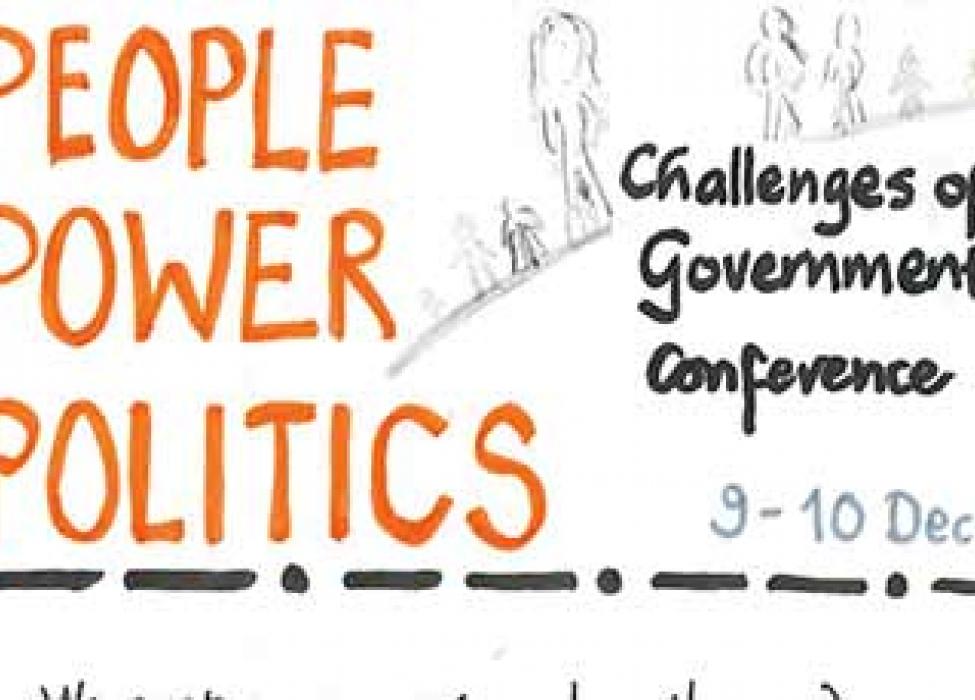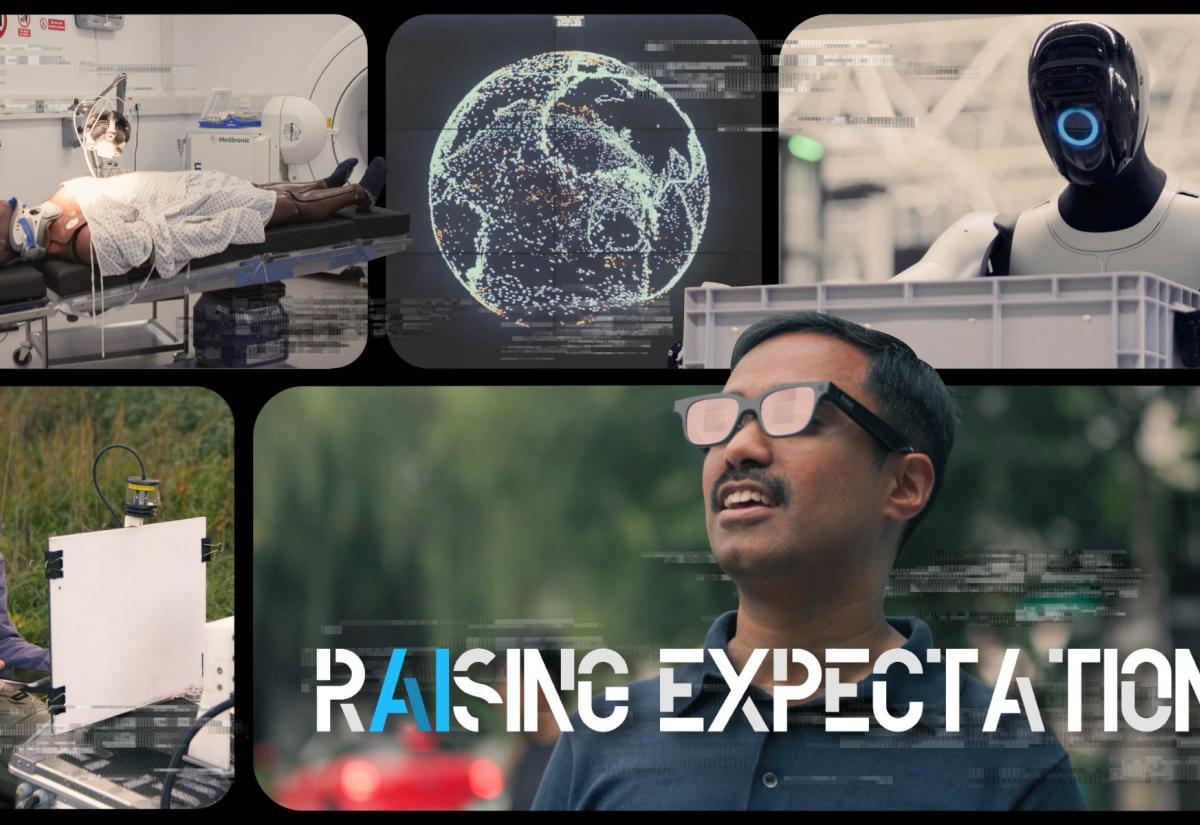
Over 240 people attended our third annual conference on Challenges of Government, held at St Catherine’s College on 9-10 December. Our focus was on “People Power Politics” – exploring the rising phenomenon of people power and how it is influencing the way governments respond to and engage with their citizens.
Panel discussions brought both debate and consensus as experts shared their insights into mobilizing people power, and coffee breaks buzzed with excited conversation among all the delegates as they exchanged ideas arising from the sessions. Over the course of the next few days and weeks, the Blavatnik School will be publishing blogs, photos and videos from the event. Please stay tuned to our website or sign up to our mailing list for updates and other information about the Blavatnik School’s activities.
In the meantime, here are our top three conference “take-aways” from the event:
- The new scale and speed of citizen mobilization brings great opportunities for positive change but it needs to be organised, in traditional ways, if it is to bring about political change. The best sort of action is often values-driven and also needs to be part of a community, united in trust and connected by common ideas.
- Implementation is a relational business – how relations are structured in a community, and how frontline deliverers are engaged, motivated, supported in taking forward important policy. Delivering effective outcomes does not arise through the design of special incentives so much as through the support, understanding and enrichment of particular relationships.
- We are designing public policy in a data rich environment. Open data and big data bring powerful potential for reforming policy. They provide rich sources of information, and yet may – with current resources and capacities – be somewhat overhyped in their transformative power. Many of our systems that try to capture and interpret data are not working effectively yet. And of course there are fundamental questions about who controls the data, and who controls the controllers, that need to be addressed.
We would like to say a huge thank you to everyone who attended and contributed to the conference. The event would not have been possible without the support, in particular, of our conference partners: McKinsey & Co, the African Development Bank, the Ford Foundation, and the Louis Dreyfus Foundation. We are looking forward to sharing more insights from our students, faculty and partners over the coming days.
Selected media coverage arising from the event:
- Delegación chilena se toma Oxford (Chilean delegation heads to Oxford)
- A reconstrução da polícia de Kosovo (Police reform in Kosovo)
- In the Balance: People Power
Conference insights, as interpreted by conference delegate and MPP student Aaron Maniam, can be seen through his illustrated sketches and notes below...



